July 24th, 2021: Greetings from Hualien! I am starting a 7-day break tomorrow so there will be no newsletter next week. We’ll be following in August with a series of guest posts.
Today’s guest essay is from Pam Hobart who is a philosophical life coach who helps intellectuals to clarify their thinking and values, so they can make decisions and commitments without cognitive dissonance. As she says “Nothing is un-philosophizable. Nothing.”
Since so many people are quitting their jobs this year or are thinking about it, she’s been helping people think through how to approach work and their careers from a bottom-up perspective. That’s what today’s essay is about.
She’s hosting a discussion session with the inter-intellect next week on this topic. If you want to learn more you can check it out here.
#1 The Bottom-Up Career Strategy
The way we think about searching for jobs is based on a certain mental model of work that is outdated. We assume that life is about finding the right "career," track, or path and then working backward.
Our to-do list becomes the long and winding set of tasks that will deliver us to that pre-determined goal. The main virtues required for top-down career planning and job-searching are conscientiousness, diligence, and rule-following.
This top-down approach is oversold and overused. Having a “plan” is supposed to make you strong, but it actually makes you fragile. If you don’t like the thing, you’re ill-suited for it, or your personal life changes, you end up “behind,” or you have to switch plans altogether and start fresh. Ouch.
Planning backward, taking a path of related steps towards a goal, is a valuable skill that you may need locally, in a certain project. But it’s not a good way to think about your job or career writ large. And if you’ve learned that this is the only responsible way, it’s time to unlearn that.
The Hidden Costs of “Plans”
My long, rocky history of top-down career attempts begins at age 7, when I was interviewed for the local power company’s annual report publication, claiming I wanted to become a chemist (?!). Like all spunky girls of the 1990s, I spent a while intending to become President of the United States of America and when I attended Space Camp, I knew I wanted to be an astronaut.
But “what you want to be when you grow up” fantasy plans don’t end in childhood.
For me, it was only the beginning. I spent tens of thousands of dollars and years of my life studying applied psychology, human-computer interaction, general philosophy, the philosophy of education, law, and education policy. Meanwhile, I took jobs in teaching, curriculum design, business development, operations management, freelance writing, and as an executive assistant.
Virtually none of the value of this 15-year “journey” came from any of my stated plans. They were more of a distraction. Generating tasks that I couldn’t or wouldn’t complete, stoking the inner critic who asked “what are you doing with your life?!”, and opening identity doors that my gut wanted to slam shut.
I have never trained formally for my current career in philosophical life coaching. (And I’m lucky that my plan to enter academia didn’t leave me with so much debt that I couldn’t afford to give it a try). I was too focused on my stated endpoints - getting a PhD, landing a professorship - to figure out that there might be real value in all the side hustles/"detours" I took along the way.
After a while spent planning and re-planning, I realized that there’s little point. But it’s not clear what to do instead. If you are overwhelmed with your actual or possible job search, this strategic analysis is the best place to start. All of your specific to-do items will flow from there.
Do you have a specific reason to take a heavily top-down approach? If so, your tasks are more about finding information about the steps and maximizing the likelihood of success on them.
But, if not, then give yourself permission not to have a plan (the “pathless path” as Paul might call it), and learn how to ignore the inner voice that asks “where is this even going?”
Focus on what you know about yourself, what skills you have or might get, what serendipitous options might be available to you, and how you can make the most of them.
It may feel weird, navigating without a big top-down plan in mind. But deliberate lack of a plan can be a strategic choice with positive expected returns instead of some personal failing.
Failure to plan is not planning to fail.
Bottom-Up Searches (Career Non-Planning)
Think of the default path as cooking from a recipe: you choose one that appeals to you, buy the ingredients, then combine them in the recommended ways. If the recipe was in fact for a tasty-to-you dish, and you follow the instructions well, and the cooking gods don’t intervene, you end up with a meal that suits you.
The bottom-up approach flips this. It’s cooking from the pantry, recipe-free. You start with the ingredients you have and try to imagine what’s possible. For a career, it might mean starting with getting access to a certain domain and then figuring out what to do next.
The bottom-up approach reacts to opportunities that emerge. Your neighbor happens to run a company and is looking for someone to be an intern this summer. Why not embrace the opportunity and see where it takes you?
The bottom-up approach tests out career choices before taking the top-down path. For example, you work at a law firm before you decide to study for the LSAT and spend hundreds of thousands of dollars on law school. As Scott Young suggests, “do the real thing” and do it now.
Bottom-up job seekers grin and bear it when they are asked by interviewers “where do you see yourself in 5 or 10 years?” (Those lies are between you and your God).
It’s not that you are abandoning your plans, it’s that there just isn’t one. Tim Urban has a great sketch highlighting this approach to life:
Sometimes you see people with interesting work tell their (very bottom-up) stories and they even offer a disclaimer: “This is just what worked for me, it’s not helpful advice.”
However, if you look deeper, you realize that they are telling you to embrace the bottom-up approach to finding the work you want to do. It’s just hard to say that explicitly in a world where everyone pretends top-down thinking in the only way forward.
Pros and Cons
The top-down approach affords clarity, vision, and motivation to those who can actually follow a strict path. In fact, it works almost too well for a small number of people that succeed with this approach. This is probably why we pay so much attention to it.
The main cost, however, is that the entire approach depends on picking one path. This means the costs of failure are high. If you need to switch from one top-down plan to another it can cause a lot of disruption and agony in your life
The very same set of experiences feels and looks worse when you think of it as part of plan switching than as part of an open-ended discovery process. Switching big plans is less readily accommodated in the narrative of your life.
The bottom-up approach can feel like more of an adventure, a winding road. The standard for success is lower but not in a bad way. This is because each experiment you do is successful as long as it gives your more information for the future.
Depending on your personality, though, bottom-up can also feel aimless - because it is! Even if you’re comfortable with this messy discovery process, other people (e.g. parents, partners, friends) might not be. So it can cause friction and you might be tempted to say you’re pursuing some plan, even though your heart isn’t in it.
The bottom-up approach also draws attention to how luck-based many of our career outcomes are, an uncomfortable realization.
But ignoring this doesn’t make it not true.
How Your Search Ends
Your search ends, at least temporarily, when you find a satisfactory way to make the top-down considerations and the bottom-up exploring meet in the middle. Most people end up with some mix of a plan and a discovery process.
This can take years to understand but the earlier you figure it out the better off you’ll be able to navigate your search for work that matters to you.
Someone may be relatively certain that she has management aptitude, while another person knows he does not ever want to manage others. You may find yourself drawn to certain industries even as you’re unsure how you could fit into them in a particular role. Or, vice versa, you may feel drawn to role types, as an analytical mind or a troubleshooter or process thinker, but not know (or yet care) within which industry.
I didn’t know at the time, but I was doing the discovery thing all along - saying that I had a plan while actually spending my time and energy trying things and then seeing what happened. But it’s not cost-free to say you have a plan while actually messing around. Deviating from "the plan" while you theoretically still hold one invites you to feel like a failure and to erode trust in yourself when things go off-script.
You’ll be ahead of me if you realize what you’re actually doing - the bottom-up thing, in large part. Celebrating, or even merely admitting, the lack of a specific plan focuses you on your real objective: learning what you can from each work experience, doubling down when it’s right, moving on in a timely manner when it’s not, and limiting the costliness of each iteration. After you’ve had a job or two, you may have some idea of what industry is (or is NOT) for you, or some idea of what kind of management style you need. These high-level considerations are helpful constraints.
By the way: even if you thought you had a plan and you’ve deviated (or failed), you can go back and re-examine your education and job history in the bottom-up spirit to see what’s there. You may have had a “student job” that turned out to be more appropriate for you than the degree you were pursuing, for instance, or a volunteer or side thing that you liked more than your day job.
Don’t discard this hard-won evidence!
So there you are, messing around and trying stuff in your local, path-dependent way, within these constraints. You don’t need to go slot yourself into some specific thing called a “job.” The world is not a jigsaw puzzle that has a hole that’s just the shape of the piece you’ve been painstakingly carving for years. What happens if you cut a piece and there’s no corresponding hole?
Instead, you’re like a blob of productive energy. Your size and shape and color are changing all the time. You can just press yourself up against the world from time to time to see where you stick, and what it’s like to hang around there. This isn’t a failed plan.
It’s purposeful non-planning.
More Pam!
👉 If you enjoyed this, consider subscribing to her newsletter, or attend her upcoming salon with the interintellect titled “you’ve quit your job, now what?”
🤔 I also noticed she has an e-mail sequence on “five common smart people problems” which looks interesting.
#2 Burnout Pod!
Natalie went through her own experience with burnout before turning to help others. She found that "with burnout, rest doesn't touch it," you need a deeper strategy. We compare notes on our own journeys where we were surprised by burnout. We thought it was something that resulted from working long hours. Natalie says a better way to think about it is as "self-neglect of reflection."
🎧 Anchor | Apple | Google | Spotify
#3 ICYMI
Last week I wrote about how the 4-day workweek conversation misses the point.
I also wrote up an in-depth post on how to level up as a freelancer
Some people have said they loved the convo I had with Ben Hunt. I hope you check it out. Ben said he liked it too!
#4 Boundless Stuff
I just added an interview with Sean McCabe and a fear-setting exercise to my Freelance Consulting Skills Course. I’m hosting a live Q&A for students in two weeks too. You can see what is included here.
If you'd like to support my work, consider using my affiliate links which will give me a percentage of the revenue of these creator economy startups (better than some VC fund getting it right?)
Podia - 14-day free trial
Teachable - 14-day free trial
Wealthfront - $5k managed for free
ConvertKit - First 1k subscribers for free
Charles Schwaab No International ATM Fees




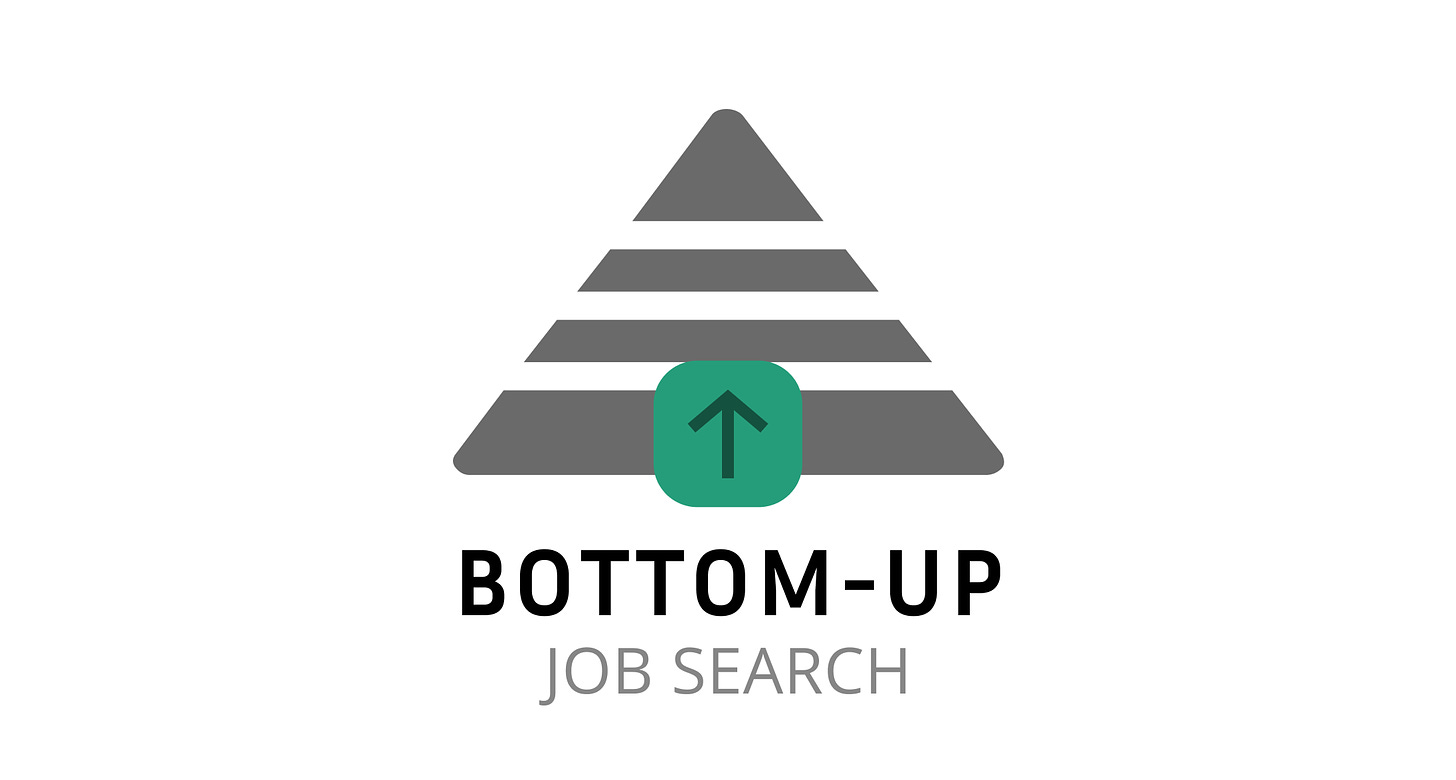
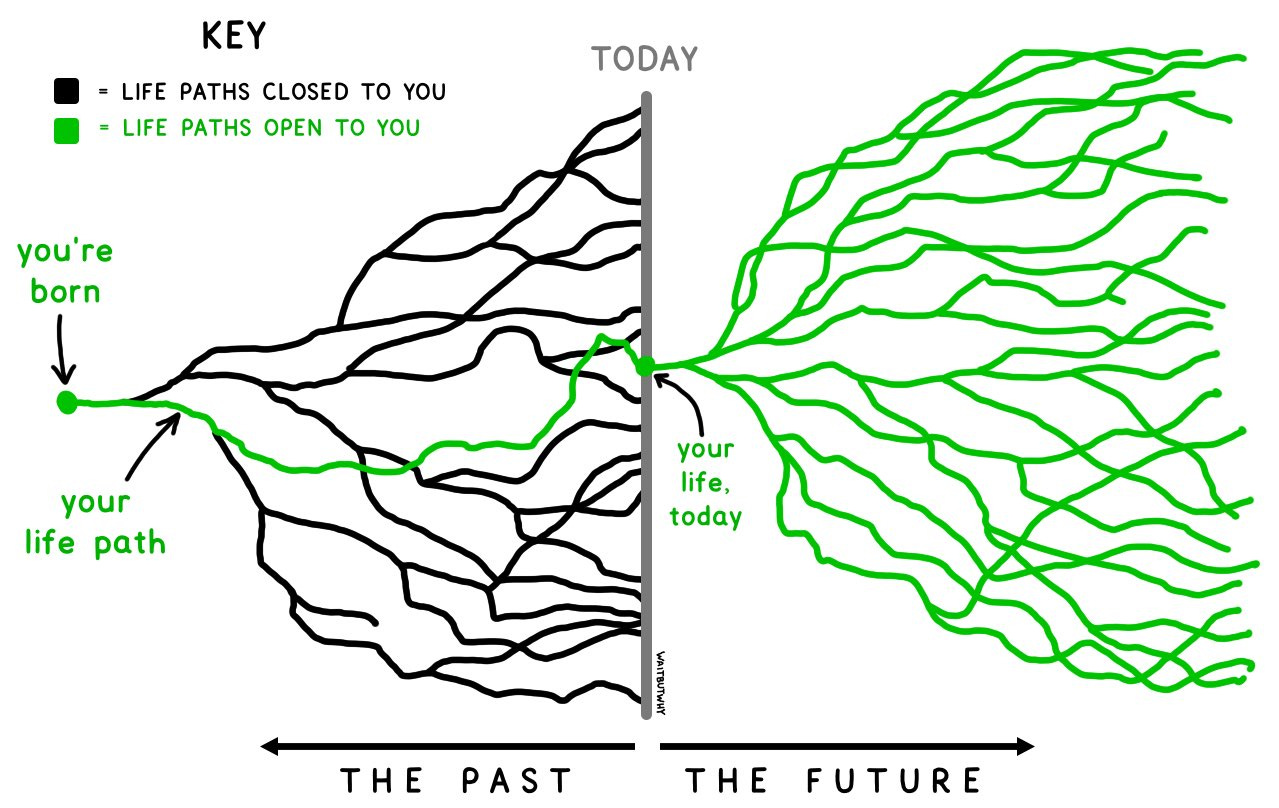
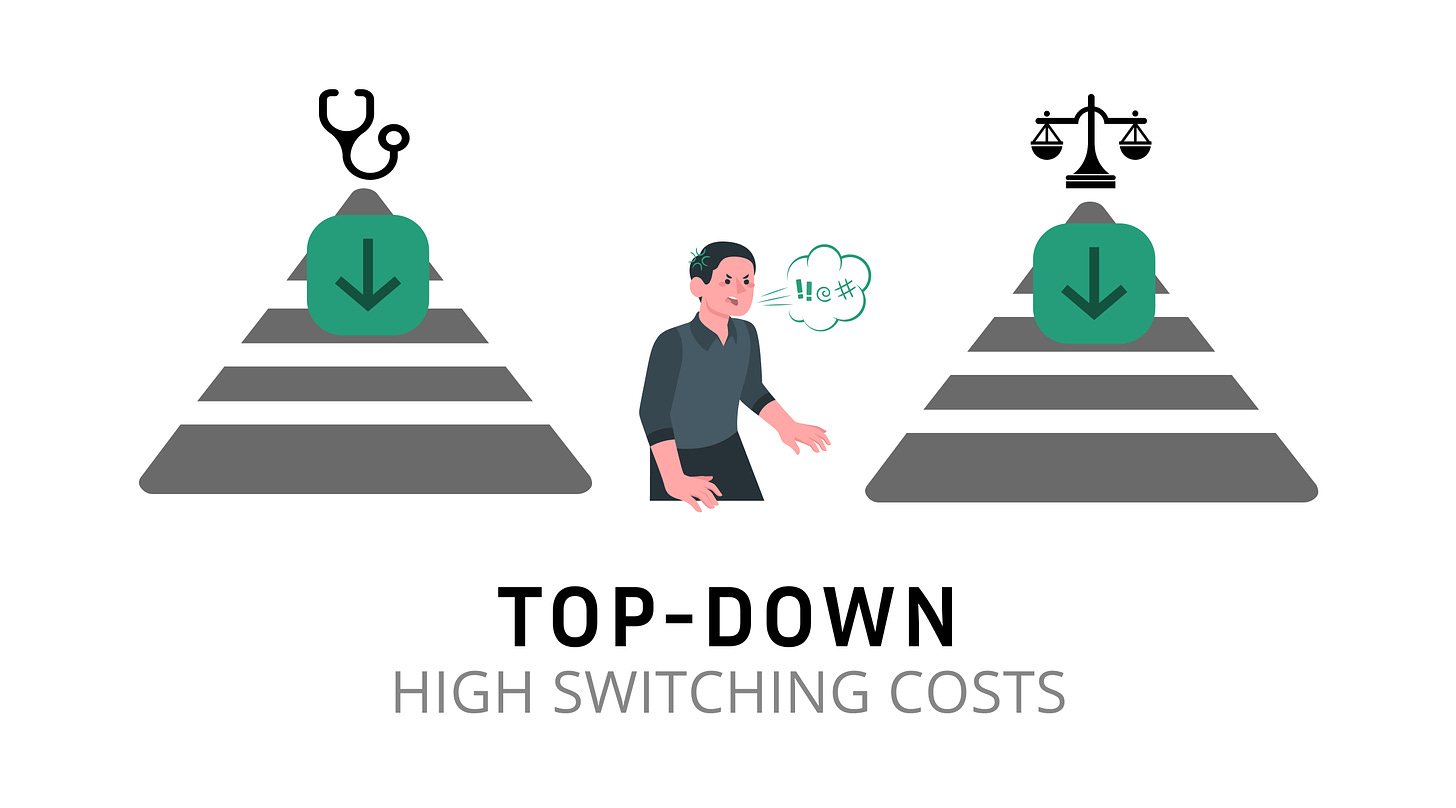
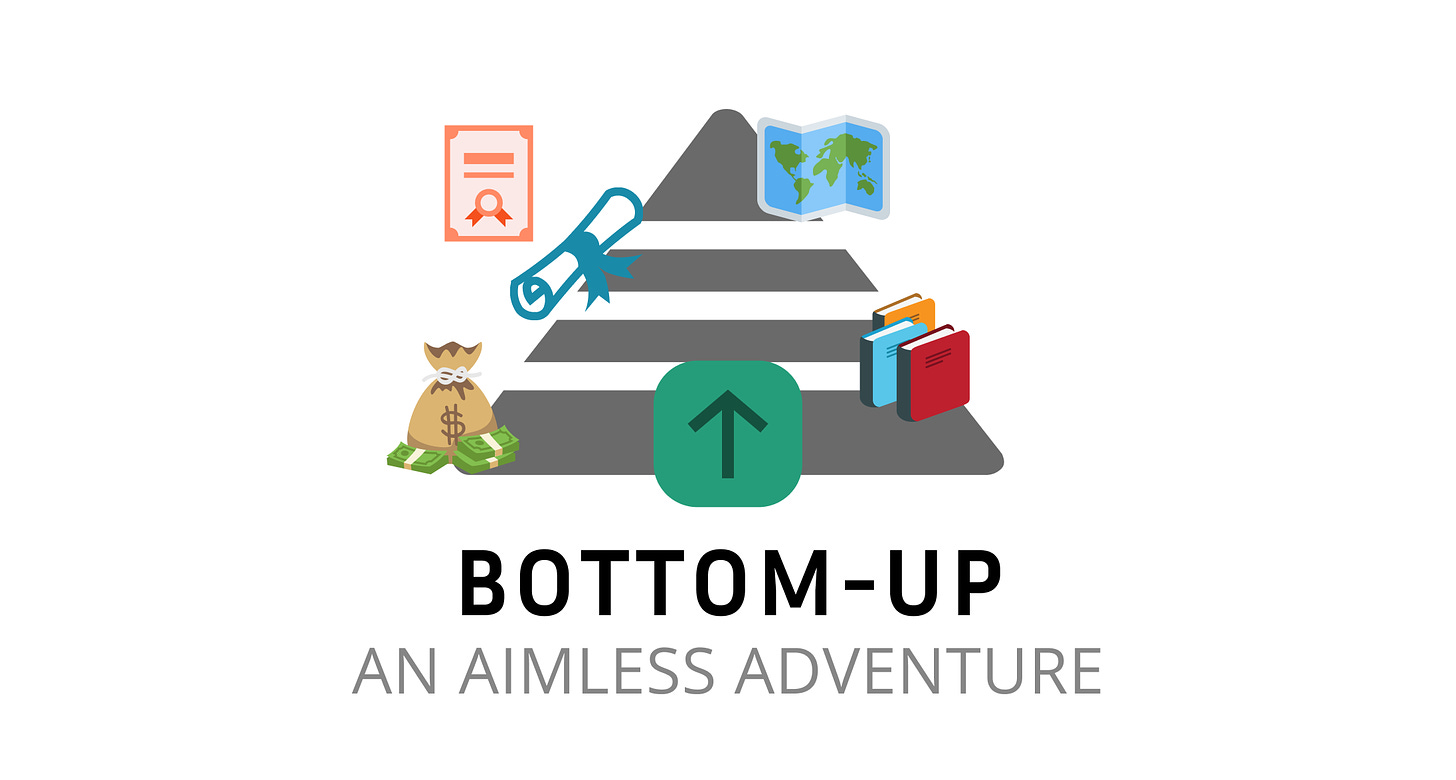
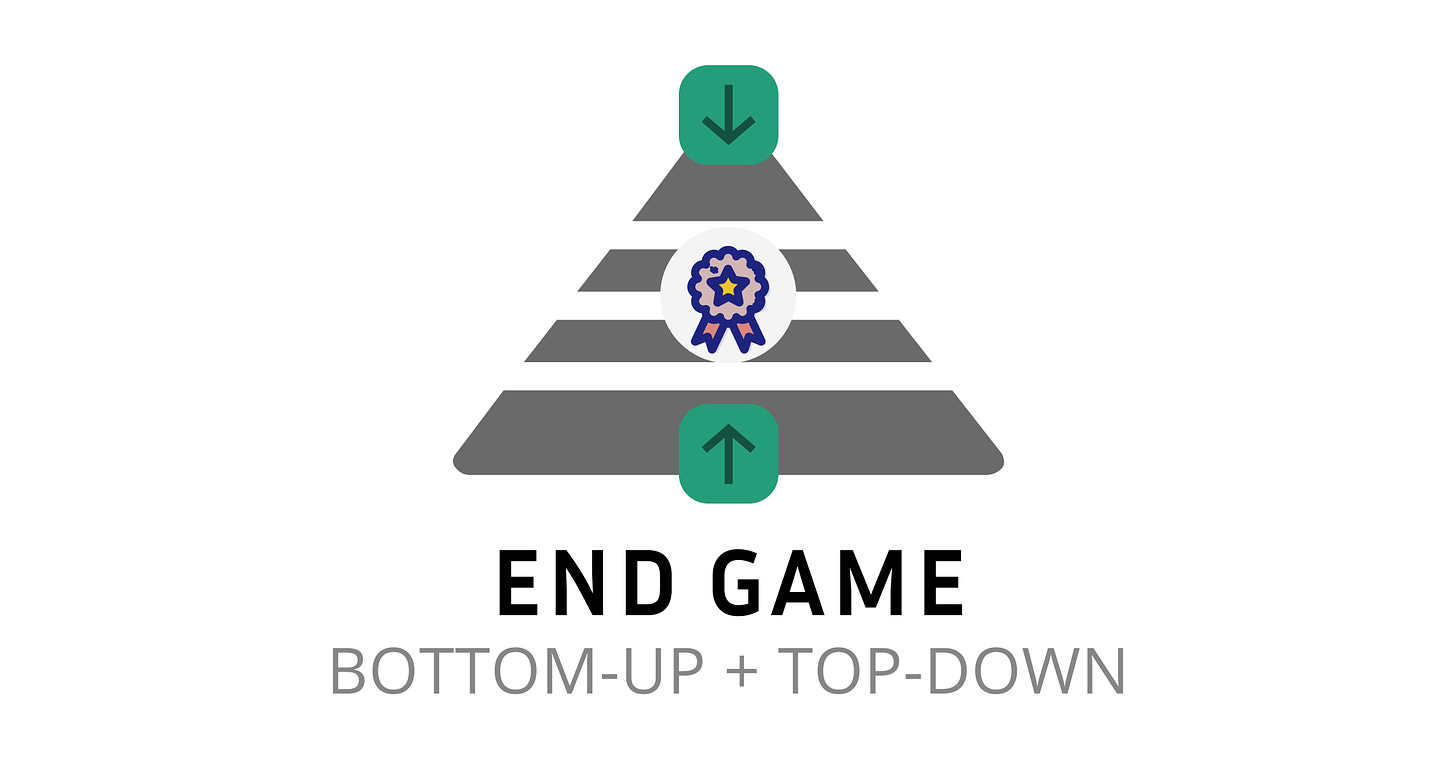
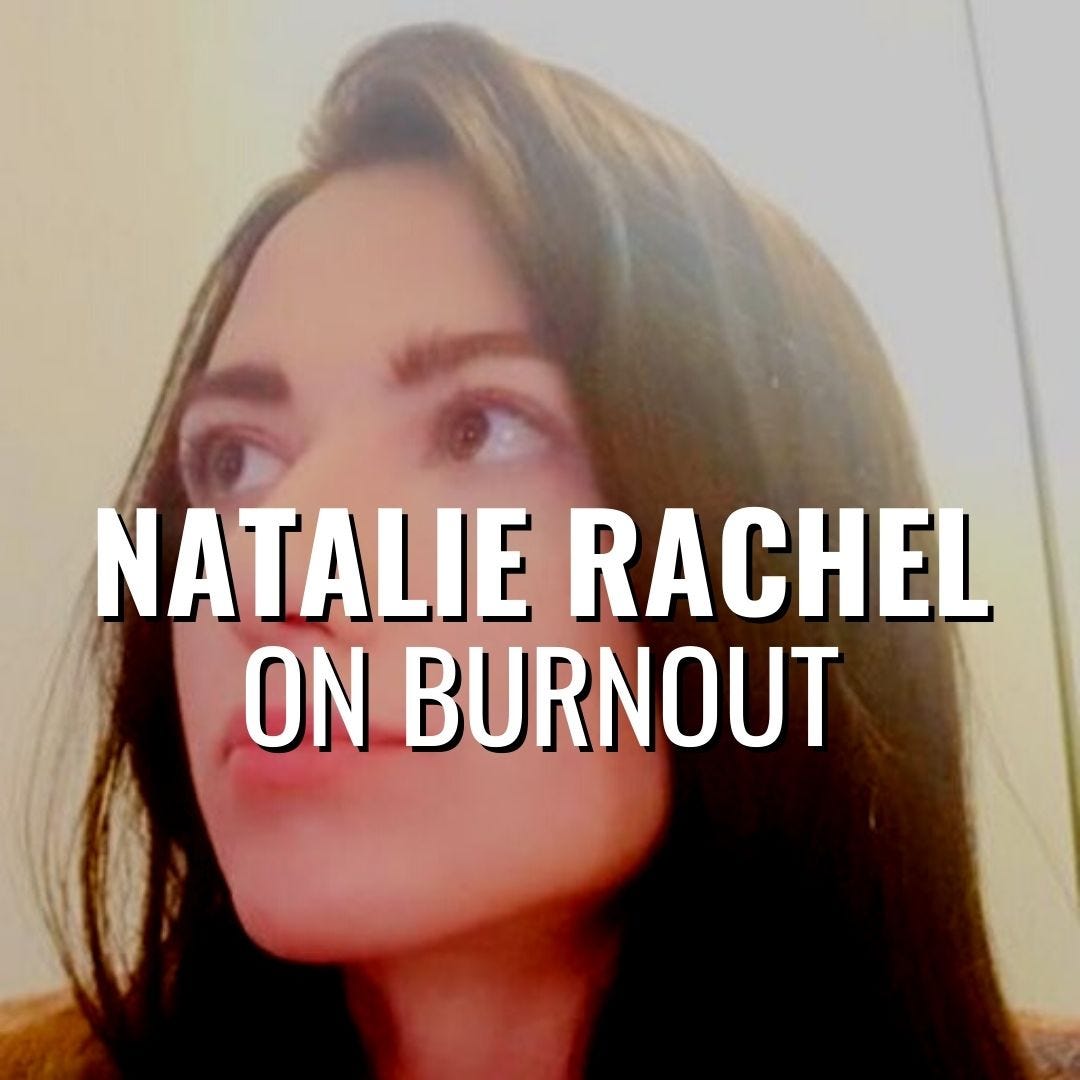

a "career" is something that's changed meanings over the years... and, more importantly, more folks as they grow older (and hopefully wiser) learn that the definition is more about how you define it than anyone else in your life.
it is YOUR career, of course.
ultimately, it's about alignment and not falling for traps: https://yenfm.substack.com/p/-avoiding-the-traps-of-finding-personal